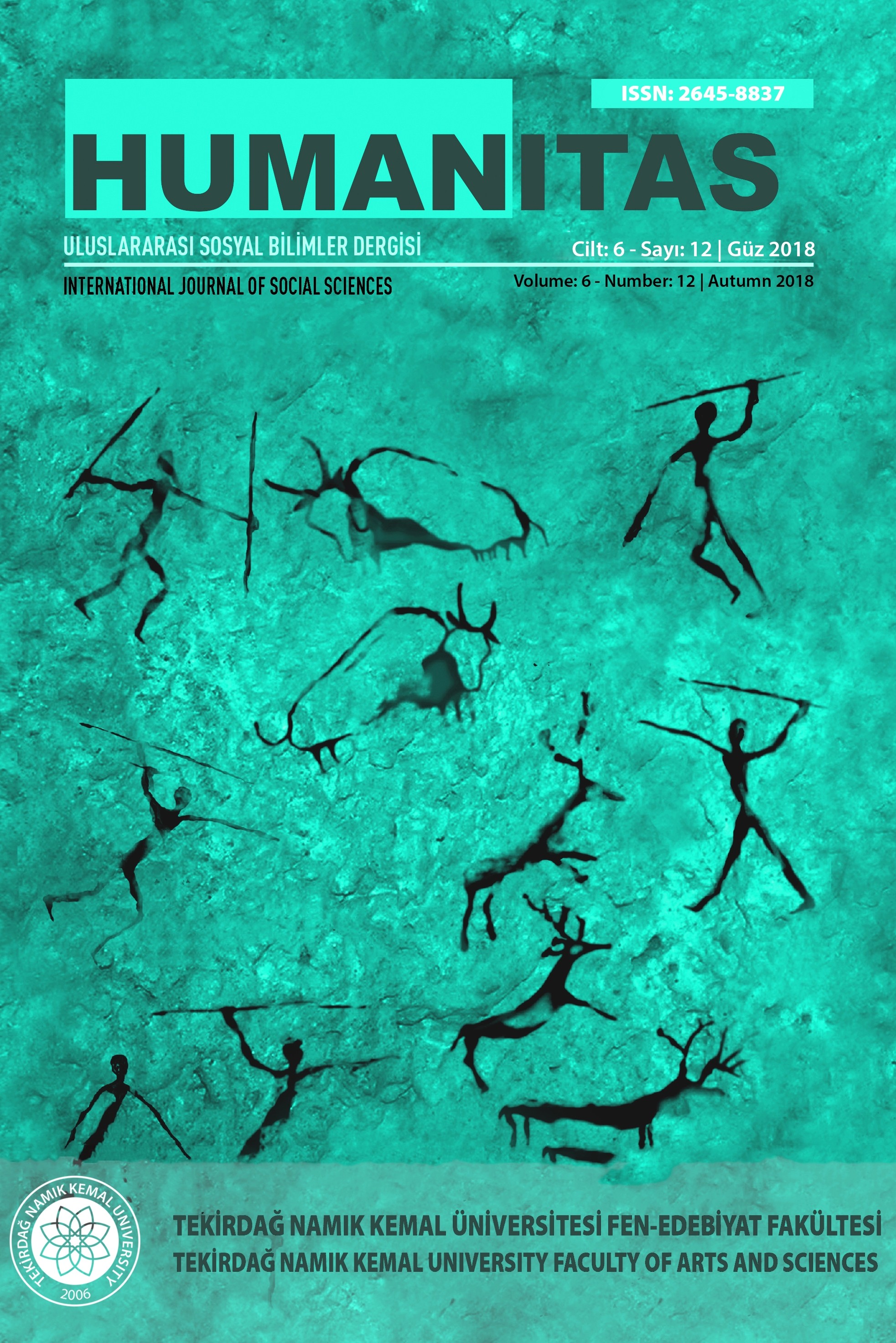Anti-Proverb as a Type of Intertextual Joke
Anti-Proverb as a Type of Intertextual Joke
Author(s): Öznur TuzcuSubject(s): Theory of Literature
Published by: Namık Kemal Üniversitesi Fen-Edebiyat Fakültesi
Keywords: intertextuality; humor; anti-proverb; intertextual jokes;
Summary/Abstract: Intertextuality is one of the most complicated disciplines of literary studies, which a large number of theorists have attempted to define; still, the definitions greatly differ from each other in terms of their focal points. Whilst some scholars such as Rifaterre(1994) and Barthes (2001) emphasize the role of readers and reading process in the discipline, others like Bakhtin (1981) and Kristeva (1980) are mainly concerned with the relationship among texts. Studies have investigated intertextuality in different fields such as advertising (Oppenheim, 2014), sitcom series (Kinnonen, 2012), music(Barron, 2015), and so on; our study attempts to examine intertextual references on thebasis of creating humor, specifically, through the popular phenomenon of antiproverbs. In other words, anti-proverbs have been analyzed from the point of the view of humor theories –superiority, incongruity, and relief theories, attempting to discover how the intertextual references function in creating a humorous content in the new text- anti-proverbs.
Journal: Humanitas - Uluslararası Sosyal Bilimler Dergisi
- Issue Year: 6/2018
- Issue No: 12
- Page Range: 34-48
- Page Count: 15
- Language: English

